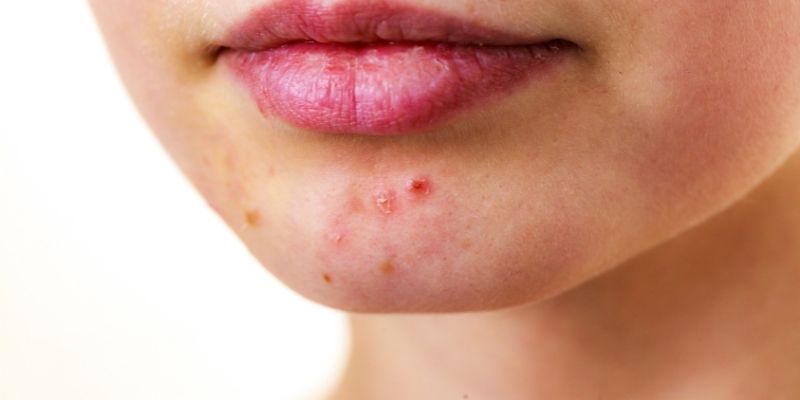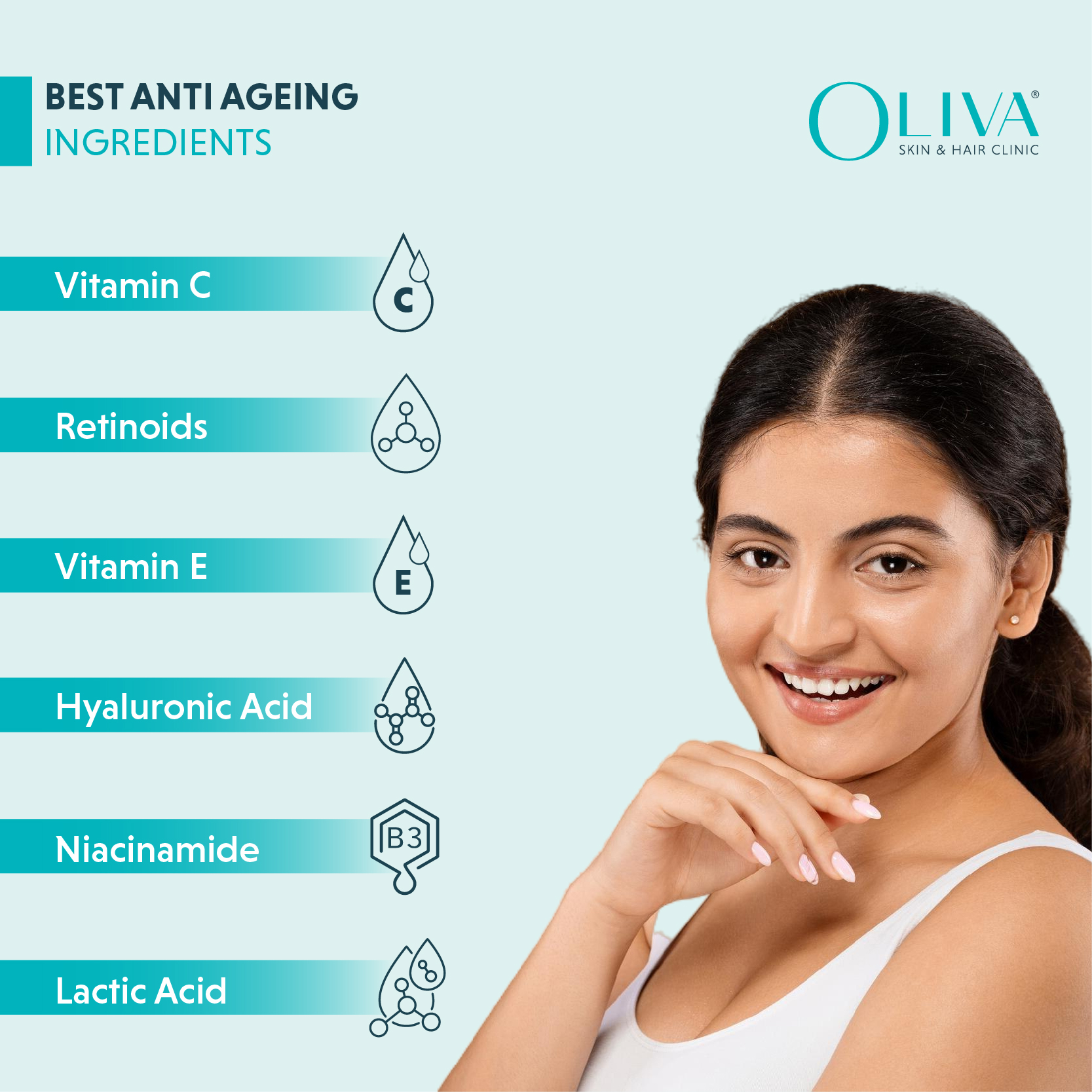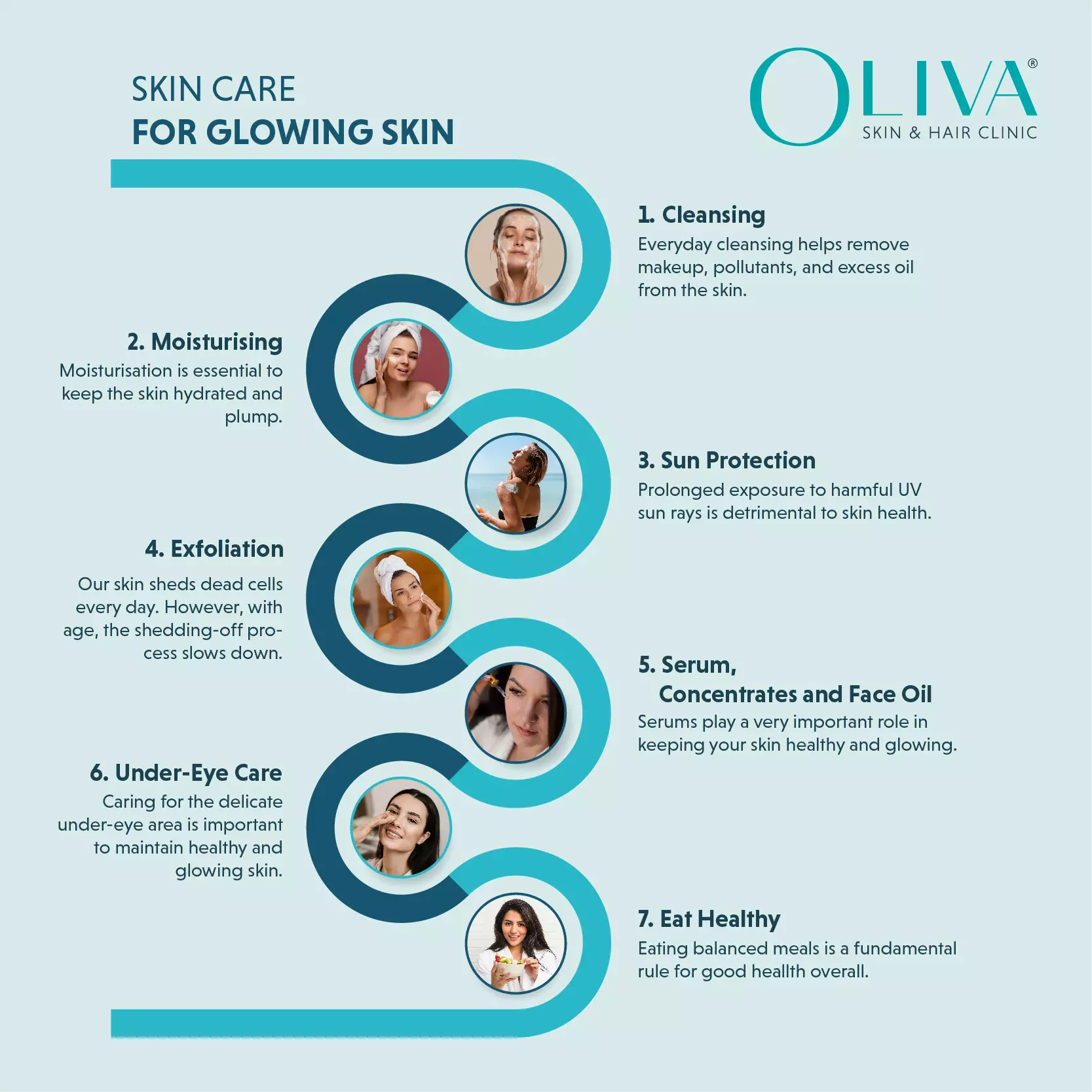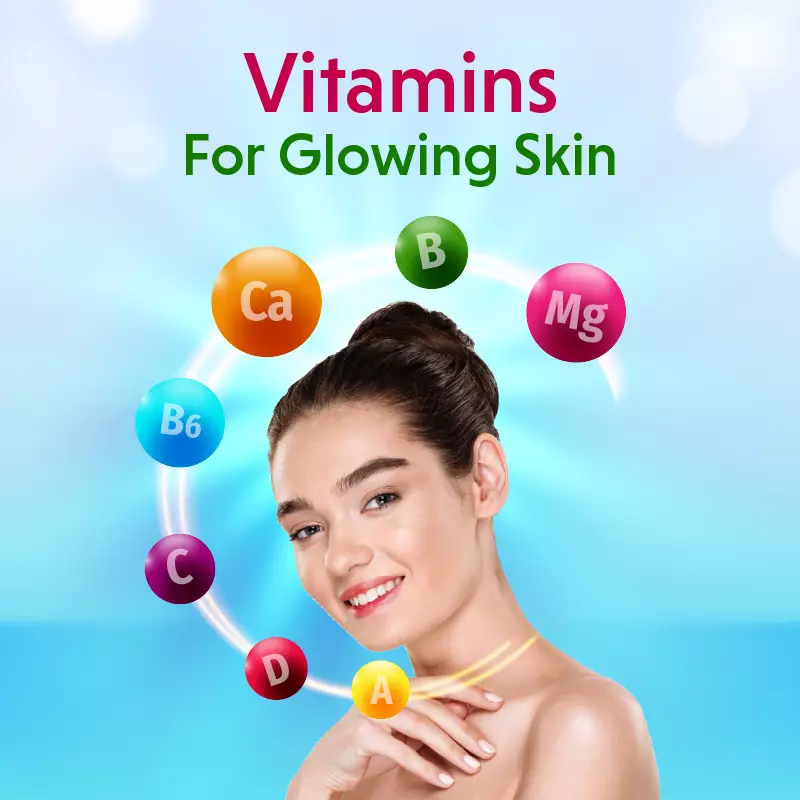Table Of Content
How To Treat Dry Skin With Acne?
Acne is the most common skin problem faced by almost 85% of people in their lifetime. Though it is more prominent in teenagers and in people with oily skin, but dry skin acne is also an equally pressing concern. Pimples on dry skin is more prominent in adults; though even teenagers face this problem. Let us find out how to treat dry skin pimples, and also what is the best acne treatment for dry skin.
Table Of Content

Can Dry Skin Cause Acne?
Dry skin refers to the uncomfortable condition of the skin that is marked with scaling, itching and cracking due to the lack of moisture and hydration in the upper layer (epidermis) of the skin. The continuous loss of natural oils and cells over a period of time results in dry and flaky skin.
Dry skin can be one of the reasons of acne. People with dry skin usually tend to have problems like itchiness and redness. And with injury or trauma, the skin barrier becomes weak, thus causing infection due to deposition of acne causing bacteria. With pollution and chemicals (from skin products) there is an inflammation that results in the formation of acne.
How To Treat Acne On Dry Skin?
Treating dry skin acne can be challenging without expert guidance. Since the commonly used acne treatments cause the skin to become dry to reduce the excess sebum depositions. Some methods to treat dry skin pimples include:
- Chemical Peeling – The first line treatment for acne on dry skin by an expert dermatologist is generally chemical peel. Peeling is the controlled exfoliation of the skin, layer by layer, and it is mostly confined to the upper layer of the skin. A plant extract based solution is formulated based on the skin type, and is applied for a few minutes. This helps in bringing immediate radiance to the skin and within 3-5 days’ upper dead skin layer is removed. A few weeks later new and rejuvenated skin from beneath comes up, which is free from acne. Continued sessions will help in improving the appearance of skin effectively.
- Laser Toning – Controlled beam of laser is targeted to remove the deformed layer of the skin comprising acne. Fluence and type of laser technology is decided by dermatologists, based upon your skin type. This stimulates collagen production which helps in removing the acne on the dry skin. With continued sessions, laser toning therapy can improve the acne condition effectively.
- Subcision – This refers to removing the acne using specialized tools. Expert dermatologists use sterile protocols for precisely removing the acne and helping in collagen stimulation for bringing out new and rejuvenated skin.
- Intralesional Injections – For cystic acne on dry skin, corticosteroid injections are used to control the acne outgrowth. These are quick and help in evening the skin and thus alleviating the pain as well.
- Medications – Oral and topical medications including retinol A and other antibiotics would be prescribed by dermatologists to help reduce the acne on your dry skin. Also non-comedogenic skin care products like sunscreen, lotion, cleanser, etc. would be suggested based on your skin type.
10 Prevention Tips To Get Rid Of Dry Skin Pimples & Acne
The skin care tips detailed below will not only help you in treating your dry and acne prone skin, but also help in protecting your skin from the re-occurrence of acne breakouts –
- Moisturize Your Skin – Proper skin hydration is the key to prevent dry skin. The more your skin gets dry, more will be the breakouts. Regular application of moisturizers will help keeping your skin moist. Use only non-comedogenic and fragrance-free or chemical-free moisturizers.
- Follow Cleansing And Toning Routine – Cleansing is an important skin care ritual that helps in preventing toxins from entering the skin pores and aggravating acne. Choose a cream or lotion cleanser which does not dry your skin. Do not use hot water, just lukewarm water will do the needful.
- Apply Sunscreen Everyday – One of the most ideal way to keep your skin from drying out is to protect it from all the various elements of the weather such as the sun, wind, cold, rain, etc. Use sunscreen, hats, and scarves every time you head out.
- Wash Your Face No More Than Twice A Day – In the quest to look fresh at all times, people often end up washing their face three to four times a day. This is not a good practice for those who have dry skin as you are continuously stripping away all the natural oils from the skin. Ideally, you should wash your face just twice a day using mild cleansers which are dermatologist recommended for dry skin.
- Exfoliate With Caution – A skin care regime typically consists of exfoliation. Since exfoliation involves scrubbing the skin, but it can harm your dry skin. Avoid abrasive exfoliators and use mild chemical free products instead. These ensure that there is minimal stripping of the skin as well as no unnecessary dryness
- Keep Your Body Hydrated – Drinking enough water and clear fluids is as necessary as moisturizing the skin. This will help in enriching the circulatory system and removing toxins from skin.
- Choose The Right Products – The importance of choosing the right products to deal with your dry and acne-prone skin cannot be emphasized enough. Using a wrong product can further aggravate your condition. Hence, it is better to avoid products that are alcohol-based, as they will make your skin even drier
- Choose Right Makeup – Do not use harsh cosmetics for make-up and makeup removal must form an important part of your day. Too much makeup can clog the skin pores and aggravate acne outbreak
- Do Not Touch The Skin – Touching or picking the skin can cause acne and worsen them if you have a tendency to form acne. Also picking at acne will end up getting permanent scarring.
- Give Your Skin Time To Adjust – During the course of your acne treatment, especially at the beginning of the treatment, you might notice that your skin has become drier and is peeling off. It takes a while for the treatment to kick-in as acne in the first place took months to form. Once your skin gets used to the treatment, you will notice the difference.
Frequently Asked Questions
In a way both are different in context. Dehydrated skin lacks water but dry skin lacks natural oil. You may have both dry and dehydrated skin, where-in dehydration caused your skin to flake out and dry up.
Yes, dry skin can also lead to acne outbreak. Since the skin gets flaky, cracked and peels off when it is extremely dry. This causes clogging of pores and with grime and dust depositions along with sebum, acne may proliferate in some cases.
Dry skin cystic acne is a severe form of acne where painful nodules form on the face, back, chest, etc. They are pus filled, inflamed and red coloured bumps on the skin.
Dry skin can also have pimples on forehead due to scalp infection, hormones, other health conditions, etc. Treatments like peel, laser, medications, etc. can help alleviate the acne on forehead.







